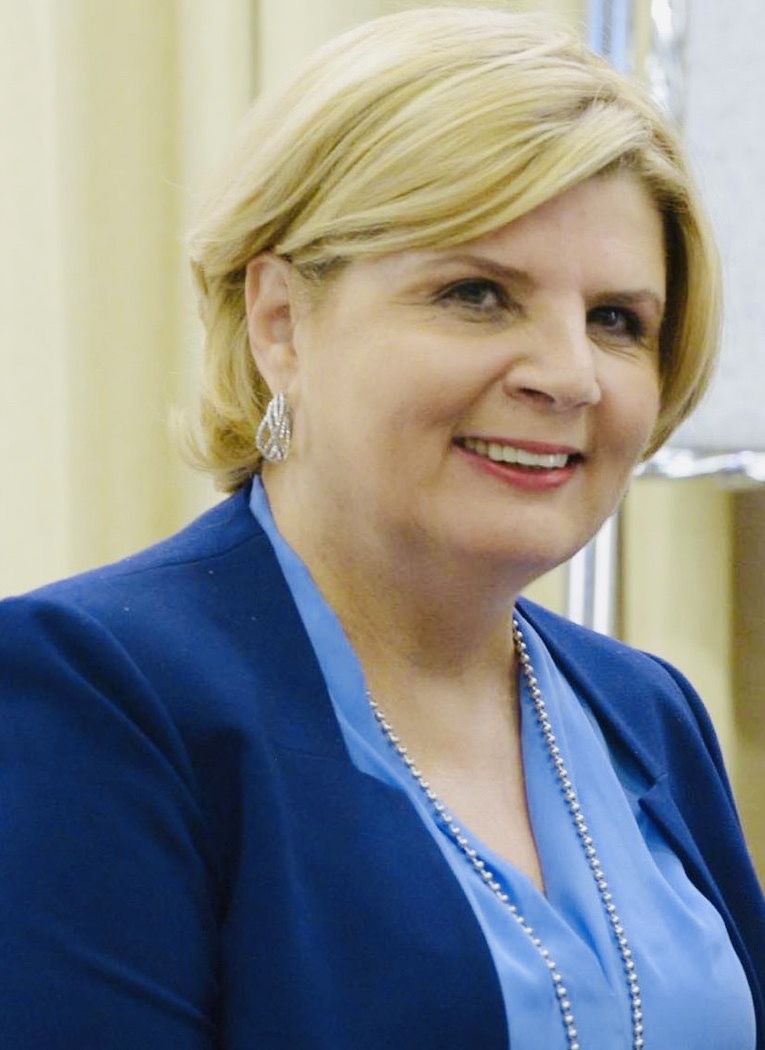Throughout much of the Arab world, Israel is regarded as a pariah state, a country that occupies Palestinian land and oppresses the Palestinians. But alongside this black cloud is a silver lining in which a more positive view of Israel has taken hold among a handful of conservative Arab states.
The United Arab Emirates and Morocco, both of which are Sunni Muslim monarchies, are two examples of such countries. Both have exhibited an openness to change in their willingness to engage Israel, particularly in trade and commerce.
On May 31, the United Arab Emirates signed a free trade agreement with Israel, the first of its kind in the Middle East. Earlier in May, a group of Israeli entrepreneurs went to Saudi Arabia — a nation that has no diplomatic relations with Israel — to discuss business opportunities. And at a special conference in Casablanca, Israelis and Moroccans signed a series of economic agreements.
The historic process that is gradually bringing Israel closer to some of its Arab neighbors was launched when the United States under the presidency of Donald Trump persuaded four Arab states — the United Arab Emirates, Bahrain, Morocco and Sudan — to sign the Abraham normalization accords in 2020.
It is proving to be a geopolitical game changer in the region.
The Palestinian cause remains popular in all these countries. But their commitment to a two-state solution is no less important than their determination to build a coalition against Iran — which is widely seen as a hegemonic and destabilizing force — and to establish mutually profitable trade relations with Israel.
The United Arab Emirates, one of the wealthiest Arab nations, has taken the lead in deepening its connections to Israel.
The free trade agreement was signed in Dubai by the Israeli and Emirati ministers of the economy, Orna Barbivay and Abdullah bin Touq al-Marri. Mohammed al-Khaja, the United Arab Emirates’ ambassador to Israel, described it as an “unprecedented achievement.”
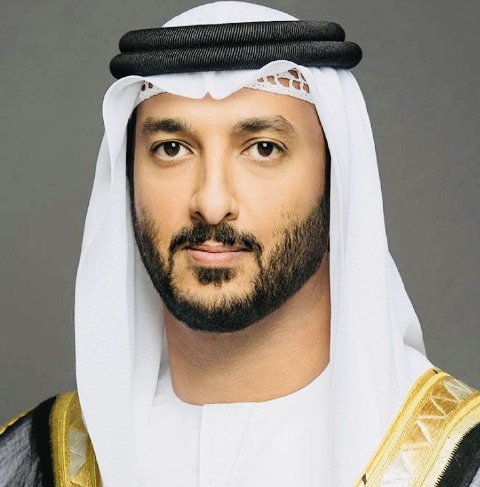
By Barbivai’s estimation, it is expected “to strengthen bilateral trade, break down obstacles and advance new economic opportunities and partnerships that will serve as a basis for our shared path.”
In Marri’s opinion, it will create a “new regional paradigm.” As he said, “It will accelerate economic growth and strengthen the common belief that the only way to build durable and sustainable economies in the complex world is together. This agreement represents something larger than business: the importance of building significant partnerships.”
Expected to result in the cancellation of tariffs on 96 percent of imports and exports within five years, it will increase the value of two-way trade to $10 billion by 2027. It is the latest in a lengthy list of agreements signed by Israeli and the United Arab Emirates in the past two years.
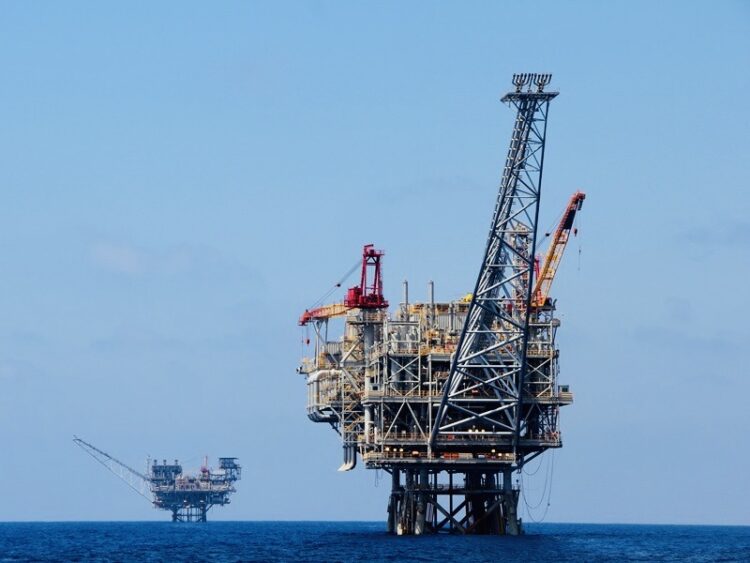
In September 2020, they established a joint body to encourage joint investments. Last September, the Emirati wealth fund bought a share in the Tamar gas field off the coast of Israel. This past February, the Israel Diamond Exchange opened an office in Dubai.
Recently, dozens of Israeli high-tech entrepreneurs flew to Saudi Arabia to discuss the prospect of Saudi investments in Israeli companies and investment funds. According to reports, Saudi funds would be channelled to Israel via a private equity fund, Affinity Partners, whose principal is Jared Kushner, Donald Trump’s son-in-law and former advisor.
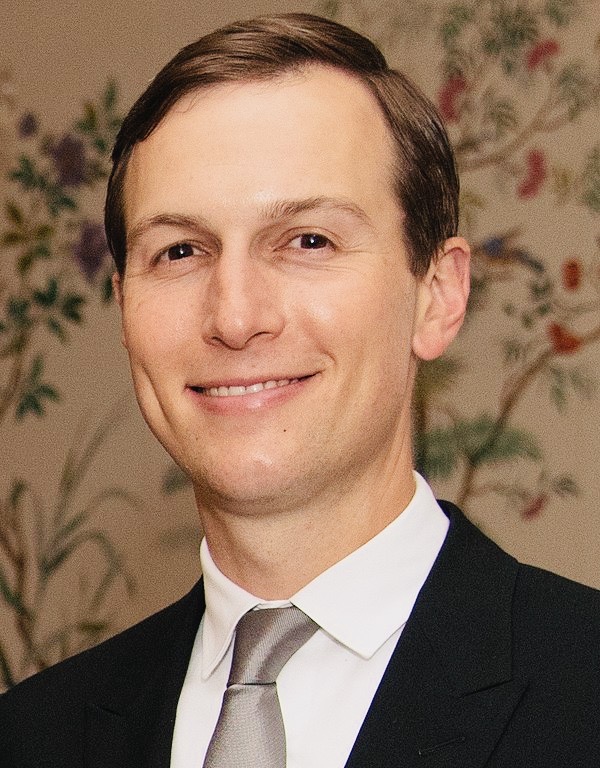
In the past, Saudi Arabian entrepreneurs have invested in Israeli startups in the United States through an investment fund managed by Steven Mnuchin, the secretary of the treasury during the Trump administration.
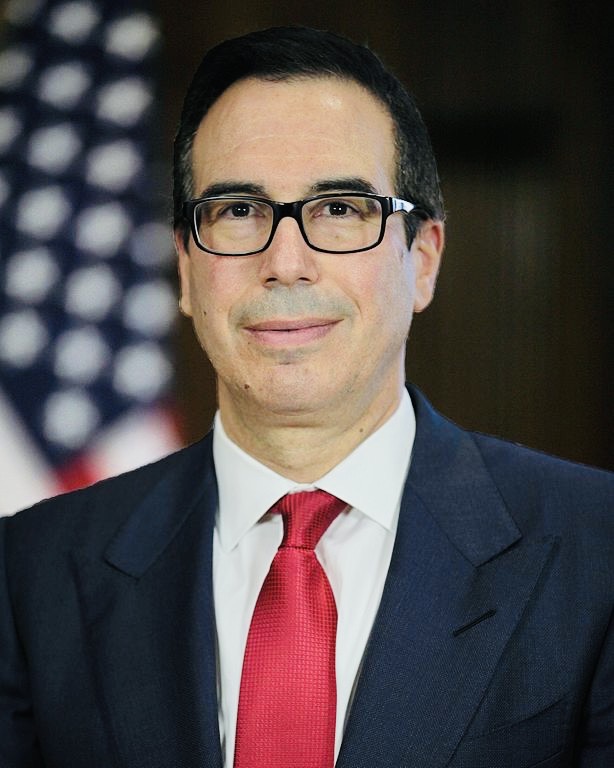
Although the Saudi government does not recognize Israel, it has reportedly purchased the Pegasus spy program from it.
Israeli Foreign Minister Yair Lapid thinks that Saudi Arabia — the seat of Islam — may eventually extend recognition to Israel. “We believe it is possible to have a normalization process with Saudi Arabia,” he said on May 30. “We’ve already said this is the next step in the Abraham accords.” But as he warned, a rapprochement between Israel and Saudi Arabia will take time.
The Saudi foreign minister has reiterated that this can only happen if Israel and the Palestinians resolve their protracted conflict.
In the meantime, the United States is trying to convince the Saudis to establish formal relations with Israel. As U.S. Secretary of State Antony Blinken said a few days ago, “Saudi Arabia is a critical partner to us in dealing with extremism in the region, in dealing with the challenges posed by Iran, and also I hope in continuing the process of building relationships between Israel and its neighbors both near and further away through the expansion of the Abraham accords.”
Morocco, a U.S. ally, recently signed a trade pact with Israel. Bilateral trade is expected to grow to $300 million in the next five years, says Israel’s charge d’affaires in Rabat, David Govrin. Last year, the volume of trade was $130 million.
And judging by the “Connect to Innovate” conference, which took place in the third week of May and was attended by representatives from 25 Israeli high tech companies, Israel and Morocco are building the foundation and infrastructure for closer relations.
Thirteen memorandums of understanding between Israeli businessmen and Moroccan government agencies were signed at the three-day event in areas such as medical and water technology, agriculture and food security.
Moroccan Minister of Digital Transformation Ghita Mazzour told Israeli reporters covering the conference that her country has “so much to learn from Israel.”
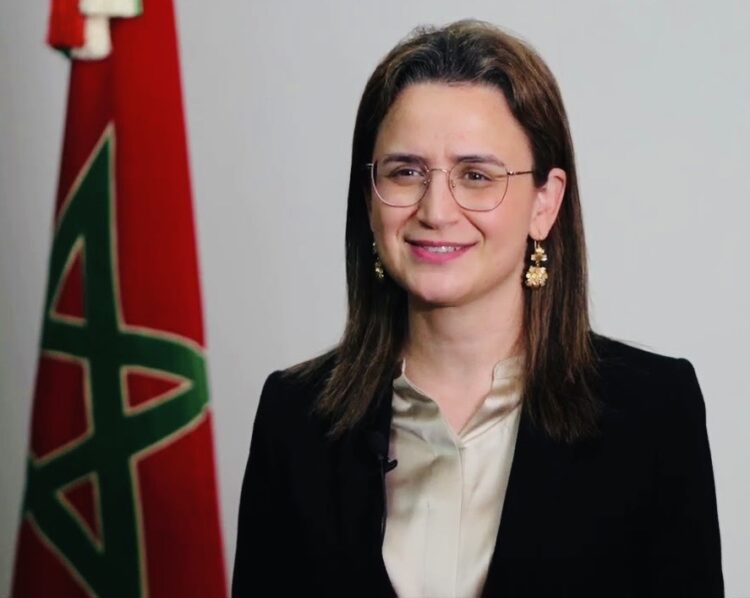
Five years ago, an Arab cabinet minister would not have gone out on such a limb. But times are changing, at least in certain corners of the Arab world, and Israel is reaping the benefits.
